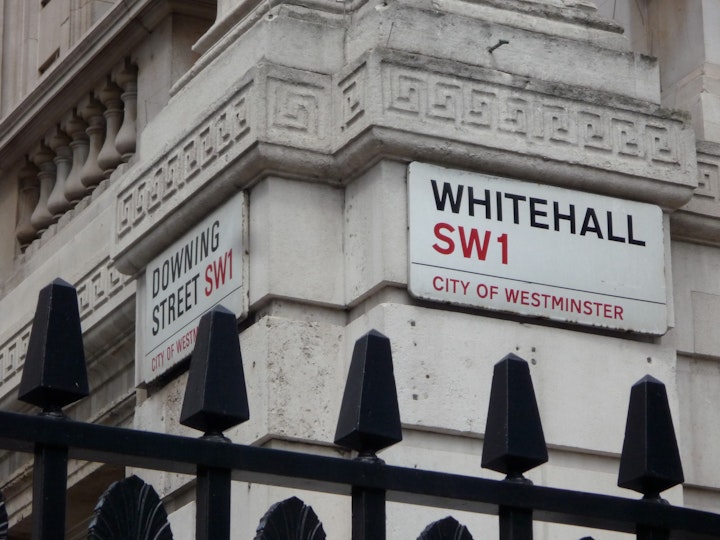This Autumn Budget is a leadership stress test on steroids
Professor Bernd Vogel looks at what pre-budget conversation says about our relationship with leadership, and the role we each play in leadership success.

Budget day is not just another political event, it’s a leadership stress test played out in full public view. For Rachel Reeves, it mirrors what many managers and executives face daily - but it’s amplified, and broadcast on TV. The challenges are familiar: multiple stakeholders, competing demands, and real trade-offs that cannot be neatly balanced. The public have picked over and scrutinised her leaked proposals over the past few weeks, as she tests what is digestible to the majority.
In truth, this is part of leadership in a democracy: understanding political will, building majorities, and distinguishing between aspiration and actionable policy.
The challenge of narrative
One of the toughest leadership dilemmas, whether in government or business, is maintaining a clear narrative and sense of purpose. When that falters, those implementing policies struggle to create meaning for their teams. This is why the news cycle around this Budget has felt frustrating. Hesitation, vague language, and perceived dithering erodes the trust and goodwill that leaders need to execute plans effectively.
Leadership is shared
Research shows that leadership is not a solo act, but a process shaped by interactions among many. That raises an interesting question. What is our role as citizens, voters, commentators, and journalists? Instead of defaulting to finger-pointing, informed conversation, constructive scrutiny, and resisting the urge to grandstand or push unrelated narratives creates an environment that means our leaders are more likely to succeed.
If recent weeks is seen as evidence of weak leadership, then we should also ask: How do we contribute to improving the quality of debate? Can we foster narratives that are substantive rather than empty, and conversations that clarify priorities and limitations?
Finding strength, not just fault
Shifting perspective matters, according to research. If we look for meaningful debates and serious narratives rather than obsessing over finding fault, we strengthen leadership and execution. Just as in organisations, progress depends on identifying strengths that underpin change, not just weaknesses that stall it.
Budget time reminds us that leadership is complex, messy, and shared. The question is whether we, as participants in the democratic process, choose to elevate the conversation or diminish it.



